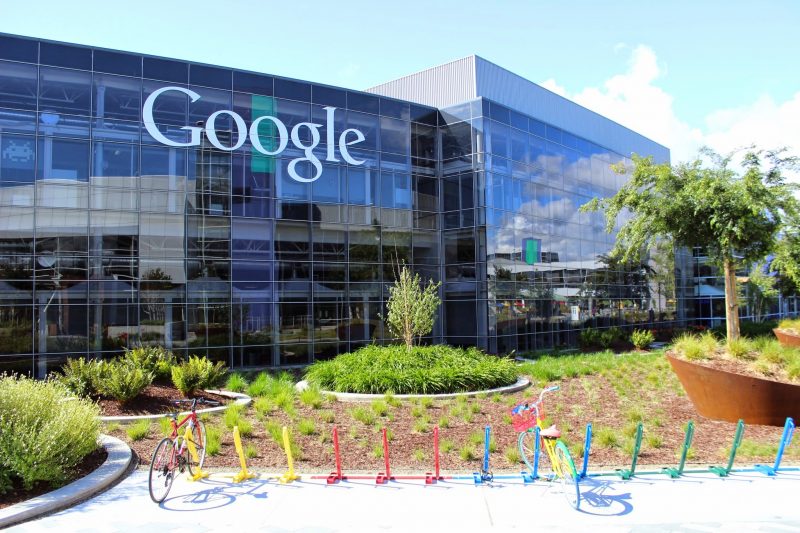 POLICY
POLICY
 POLICY
POLICY
 POLICY
POLICY
The U.K.’s antitrust regulator has ended its investigation into Jedi Blue, a controversial advertising agreement that Google and Meta Platforms Inc. signed in 2018.
The Competition and Markets Authority, or CMA, announced the decision today. The CMA also stated that it will continue to review some of the antitrust concerns raised during the probe, but in a different manner than before. The review will be combined with a separate, ongoing antitrust probe into Google that began last year.
Jedi Blue, the focus of the investigation closed by the CMA today, is the name of an agreement that Google and Meta signed in September 2018. The CMA was concerned that the agreement may have unfairly limited the market adoption of an advertising technology called header bidding.
Publishers sell ad space on their websites through platforms known as ad exchanges. Header bidding, the technology at the center of the CMA’s newly ended antitrust probe, allows publishers to market their ad space on multiple exchanges at once. This approach makes it possible to draw more bids from brands.
Google has developed a competing technology, Open Bidding, that it positions as a more convenient alternative to header bidding. In 2017, Meta announced plans to expand significantly its support for header bidding. But a year later, the Facebook parent adopted Google’s competing technology as part of the companies’ Jedi Blue agreement.
The CMA launched its probe into Jedi Blue over concerns that the agreement may have “restricted or prevented the uptake of header bidding.” Today, the regulator said it’s closing the probe on administrative priority grounds. That term describes situations where there’s insufficient evidence of anticompetitive behavior or an “investigation no longer merits the continued allocation of resources because it no longer fits within the CMA’s casework priorities.”
Meta and Google welcomed the decision in separate statements issued today.
“Meta’s non-exclusive bidding agreements continue to increase competition for ad placements, and enable us to deliver more value to advertisers and publishers,” a Meta spokesperson told TechCrunch.
Google, in turn, said its “open bidding program works with a range of ad networks and exchanges to increase demand for publishers’ ad space, which helps them earn more revenue. Meta’s participation has always been public, was never exclusive, and comes without any auction advantages.”
Although the CMA has closed its Jedi Blue probe, parts of the antitrust review will continue. The regulator said it’s “continuing to investigate whether Google has abused a dominant position through its conduct in relation to header bidding services.” The investigation will be merged with a separate antitrust probe that focuses on Google’s business practices in the advertising technology market.
The development comes a few months after the European Commission, the European Union’s executive branch, ended its own antitrust probe into Jedi Blue. The agreement was also the focus of an antitrust lawsuit in the U.S. Last September, a federal judge allowed the lawsuit to proceed but ruled that the agreement is not anticompetitive.
THANK YOU